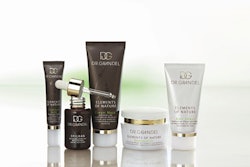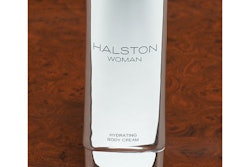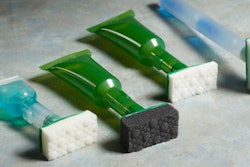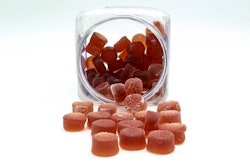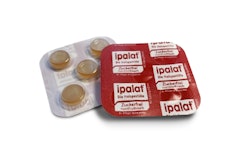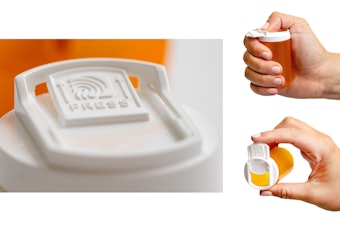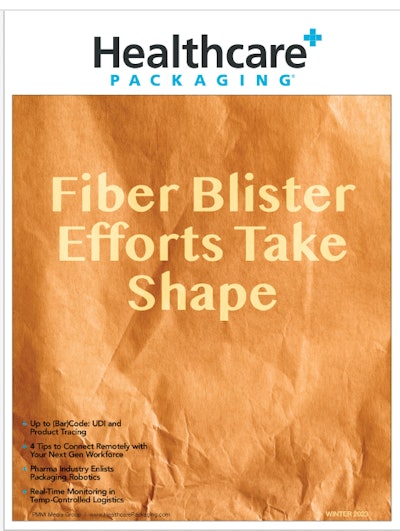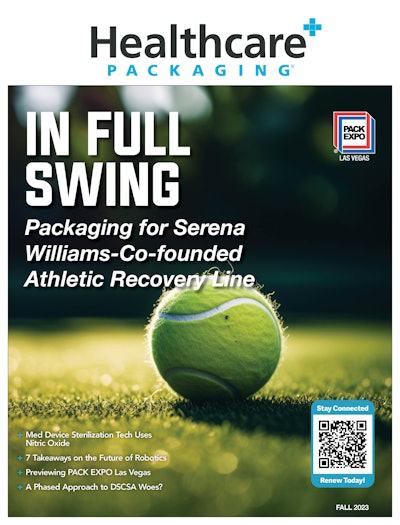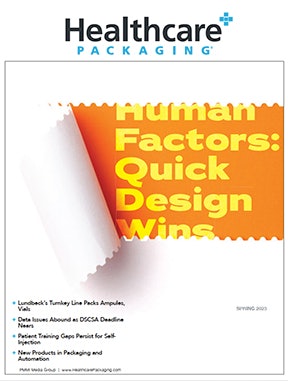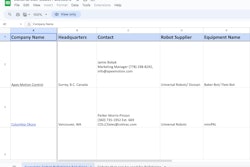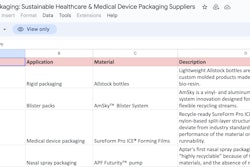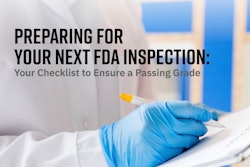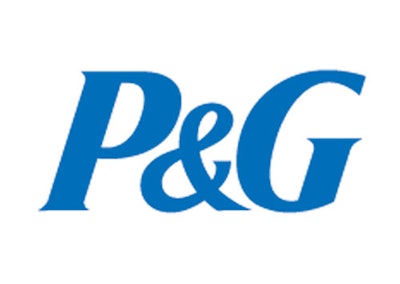
Two recent developments, both relating to Procter & Gamble over its marketing of combination cold and flu products with vitamin C, provide slightly differing windows into two distinct legal issues of importance to packagers.
The first issue dates back to last year when P&G combined its popular Vicks DayQuil and NyQuil products for colds and flu, which the U.S. Food & Drug Administration views as drugs, with Vitamin C, usually a dietary supplement. FDA wrote P&G a Warning Letter saying that's a no-no. The reason, essentially, is that Vitamin C is not generally recognized as safe and effective as an active ingredient in cold and flu remedies. FDA noted that including Vitamin C in a cold and flu product, together with claims on the label and the company Web site that, for example, Vitamin C will “blunt the effects” of a cold, made the whole product a drug, and Vitamin C an active ingredient.
The emergence of dietary supplements in the mid-90's following the passage of the Dietary Supplement Health and Education Act has led to a complex and sometimes confusing proliferation of products--some of them drugs, some of them supplement-- claiming to have health effects. Since then, exactly where the boundary lies between drugs and supplements, when the supplements make claims for their effects, has been a constant subject of examination and debate.
But this P&G combination raises new and different questions, as it represents a creative new way to challenge the border between drug and supplement. It's not always going to be unlawful to combine a drug and supplement, but it is important not to combine the claims for the two in such a way that the supplement becomes part of the drug product, rendering the whole product a drug with an unapproved active ingredient. At least that's FDA's position on the matter.
Regulatory enforcement
The second topic is the interplay of regulatory enforcement and private civil lawsuits. If your company violates the Federal Food, Drug and Cosmetic Act (FFDCA), we know the FDA can come after you with enforcement actions, but can a private person sue you for your violations and alleged they were damaged by the alleged violations?
No, they can't. As we say, there is no “private right of action” under the FFDCA that gives an individual the legal power to sue for damages over a company's violation of the FFDCA.
But what if whatever it was your company is alleged to have done wrong--say, putting false or misleading information in its ads or on its labels--also violates some other law, such as one or another state's consumer protection law? A lot of those laws say consumers are to be protected from false or misleading product advertising and labeling, and they allow private persons who have seen that advertising or labeling to bring a lawsuit for damages against the offending company. Commonly, the individual hasn't been damaged much if at all, so industrious lawyers combine thousands or millions of “plaintiffs” into a class action case.
In September, a federal court in Ohio dismissed one such class action, Loreto v. Procter & Gamble Co., this one against P&G over these very same Vicks DayQuil and NyQuil products.
The plaintiffs and their lawyers appeared to have been inspired by FDA's Warning Letter, seeing what they perceived as an opportunity to attack a product civilly that had already been attacked regulatorily.
The court said the plaintiffs hadn't alleged that P&G had done anything wrong except market a product that was an unapproved new drug, in other words, violated FDA's requisites for drugs under the FFDCA. In fact, the court said the plaintiffs hadn't alleged that the products “were actually ineffective.” Makes you wonder if they could have proven such a thing if they had alleged it. Probably not, so that's why they didn't allege it.
Interestingly, the court noted that just because the FDA has said in the past that Vitamin C is not generally recognized as safe and effective for halting or shortening colds doesn't mean it doesn't help colds. In other words, it's not an automatic logical leap from saying FDA doesn't approve of this product to saying that marketing it is misleading or fraudulent. The court found the plaintiffs' claims to be equivalent to trying to assert a “private right of action” for the company's alleged violations of the FFDCA.
We might not have heard the end of either of these episodes (the dismissal of the Loreto case is on appeal) but for now, for P&G, it's a case of win some, lose some.
By Eric F. Greenberg, Attorney-at-Law
